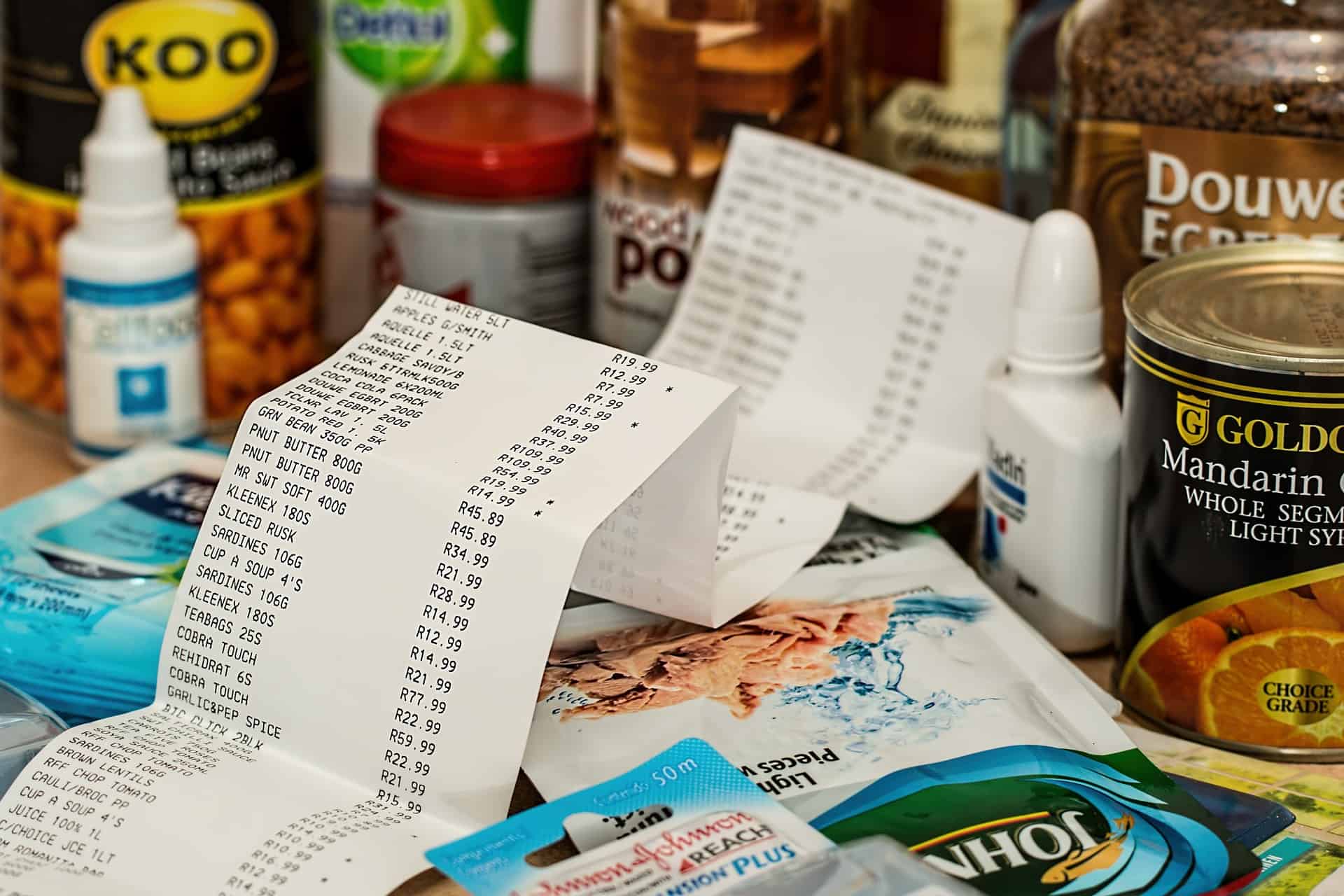I like to use the word sales funnel a bit broader than most people do.
A sales funnel is a structured way of directing human behaviour with the goal of making a sale. In that sense, most of what you’re already doing is a sales funnel. That doesn’t mean it’s a good one though.
Let me give you an example:
If you run Facebook ads and target the whole population of a country and send them to the home page of your e-commerce site that’s a sales funnel. It’s a simple one but it’s still a sales funnel. You are grabbing people’s attention on Facebook, directing them off of Facebook and to your site and hoping that they’l buy from you.
Obviously the above sales funnel sucks.
Read More: 25 Best Sales Funnel Templates
So just because you’re using sales funnels in your business, doesn’t mean they’re converting well or structured intelligently. But I want to get rid of this narrow definition of sales funnels some people have.
Yes, a one-click upsell funnel with three OTO’s that’s built on ClickFunnels is a sales funnel. But sending people from a Facebook ad to your product page on Shopify is also a sales funnel. Anytime you’re directing human behavior with the goal of making a sale is a sales funnel. Maybe there’s one step, two, or sixteen steps to it.
That being said, let’s talk about how to optimize your sales funnels.
1) Understand your business model
Different business models require different sales funnels, so building a good sales funnel always starts with understanding your business model and your target audience. That’s where your funnel starts.
Selling physical products will require a different funnel than selling online courses or digital products. A sales funnel for a local brick-and-mortar business will look different from a sales funnel for an online service business or a SaaS company. There is no one size fits all approach when it comes to advertising, selling and marketing.
2) Decide on the platform for your sales funnel
Once you’re clear about your business model it’s time to select the best platform to build your sales funnel. If you’re selling physical products, it might be Shopify of WooCommerce. If you’re selling online courses or membership sites it might be ClickFunnels.
And if you’re building a sales funnel for a service business, you might use Infusionsoft or Salesforce to manage your entire sales funnel.
3) Model other successful people
Instead of re-inventing the wheel, try to model proven sales funnels in your particular industry. It’s important to learn from other people, model other companies’ success and focus on what works.
Russel Brunson has a whole word for this process.
He calls it “Funnel Hacking”.
Of course you can’t just copy-paste a successful sales funnel and expect it to work. Just like with everything in business, you have to adjust things and make them work for your particular situation.
Read More: 5 Best Done For You Sales Funnels
Use a proven funnel as blueprint for your sales funnel.
And then test, tweak and optimize until it works.




Aliexpress Dropshipping Tips — Lifespan Of A Drop Shipping Product
[…] have to constantly monitor, optimise and scale. If you keep that in mind, you’ll have a thriving online […]
Shopify Ecommerce Store — Shopify Versus ClickFunnels For Ecommerce
[…] specific one-time promotions, holiday sales and product launches to existing customers, I believe ClickFunnels works better because you already have people’s trust and you have more control over the layout and copy of the […]